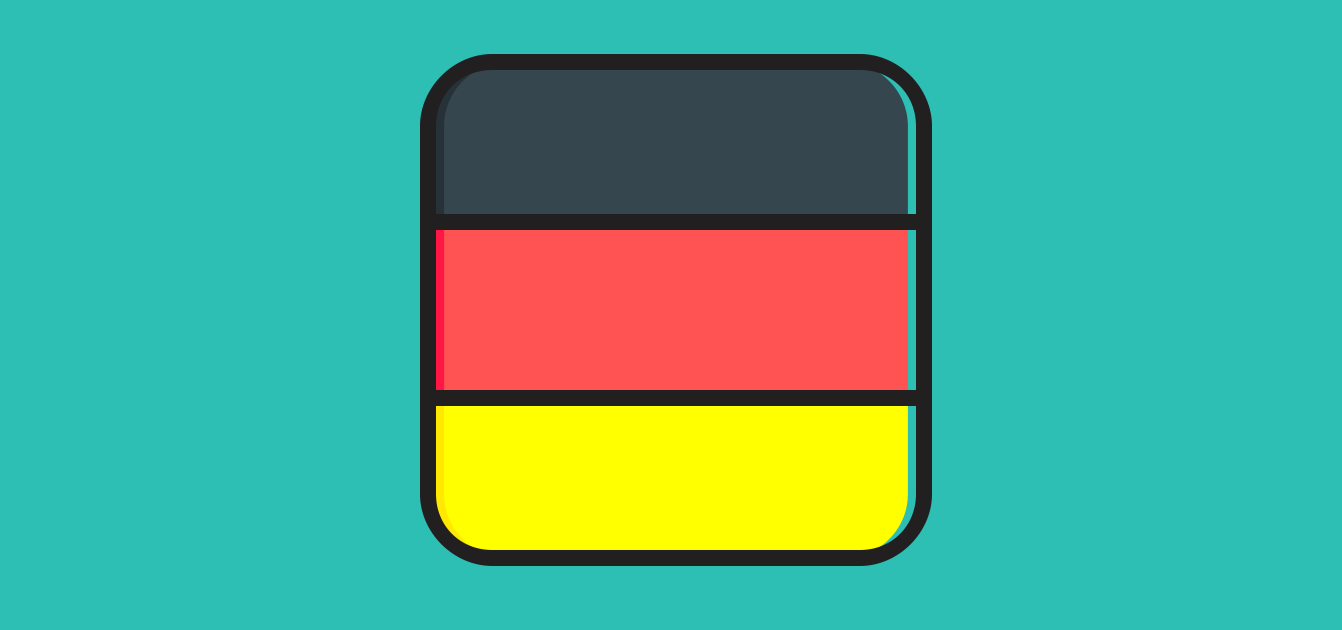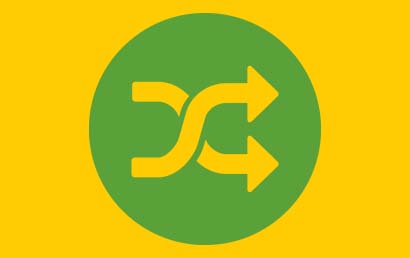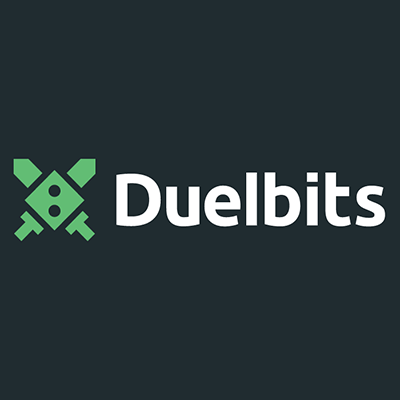Gambling in Germany
Online gambling has taken over the world, new players sign up at online casinos almost daily, and with the increase in players, there is also an increase in online casinos. For players from Germany, there is some confusion regarding the laws on online gambling.
Germany is one of the countries in the world where online gambling is mostly outlawed. The country has placed a ban on anyone hosting a gaming site within the borders. However, when it comes down to whether players are allowed to participate in online gambling there is a bit of confusion regarding the legalities. This tends to make things a little more difficult as online gambling is certainly one of the most popular pastimes in Germany.
In this guide, we take a look at the history of gambling, and the current laws and new developments regarding online gambling in Germany. Keep reading if you want to know whether or not you can legally participate in online gambling in Germany before start playing in top German online casinos.
Thankfully, there is light at the end of the tunnel! New laws that will come into effect in 2021 will change the gambling space in Germany for the better.

The history of online gambling in Germany
Before 2008 the online gambling market already existed in Germany but it was mainly unregulated. Then the government created the Interstate Gambling Treaty (IGT) which placed a ban on all forms of online gambling. The government made it clear that all German banks and internet access providers were forbidden to conduct any business with online gambling providers. Anyone who was in breach of this would be looking at hefty penalties which included jail time.
The problem is that while the law was put in place to reduce problems such as gambling addiction, internet fraud and other criminal activities, there was very little follow-through on the law. Another problem for the German government was that the European Union (EU) stepped in and prevented them from completely banning online gambling.
In 2012 the IGT was amended and online lotteries and sports betting was again allowed in the country. Other forms of online gambling such as regular online casinos and poker rooms were still banned from the country. The IGT 2012 amendment was approved and signed by 15 out of the 16 German States. But Schleswig-Holstein was keen to adopt this treaty. Schleswig-Holstein instead chose to independently license its own online operators under more liberal regulations.
In 2013 this state had already issued nearly 50 online licenses which were valid for 6 years. All licensed online casinos in this state are required to pay a 20% gross revenue tax.
Interestingly enough, the Schleswig-Holstein Parliament later took a vote against their own set of laws and opted to sign the treaty like the rest of the German federal states. While this side of things changed, the casinos which had already obtained their licences were still allowed to keep operating under those licences until the expiry date of 2018. Other operators looking to obtain licences would have to adhere to many more restrictions.
EU interruption and new laws
The 2012 treaty was not approved by all. In fact, it was criticised by the local courts because of the cap on the number of licences it approved. Under the 2012 treaty, there was a cap on the number of international operators allowed to receive licences. This new regime was frowned upon and ruled against by the European Union’s Court of Justice (CJEU).
In 2016 the CJEU stated that the treaty was in violation of the EU laws and principles regarding the free movement of services within the union. Local authorities were therefore not technically allowed to prosecute online sports betting operators who were offering their services to German citizens. One of the biggest issues the CJEU had was the cap on the number of licensed operators in Germany.
While a new treaty was created in 2017 lifting the licence cap from 20 to 40, the EU was still not happy. The new Treaty is said to take effect from that year, but many of the states that approved it are now considering alternative laws. Schleswig-Holstein, now under a new government, was one of the first to announce it will not implement the Interstate Treaty but will instead re-implement its own Gambling Act.
Other states in Germany are now also strongly considering adopting a different regulatory regime. If it is much the same as the Gambling Act of Schleswig-Holstein, this would mean that all forms of online gambling will be legalized in these states.
In October 2020 significant changes were made for the German market that includes verifying the identity of each new player, acknowledging players of their lost amounts, as well as deposits that cannot exceed €1,000 per month.
2021 also came with a lot of changes for German players. As of 1 July 2021, State Treaty on Gambling is fully in effect. With the most important change being payments via cash or vouchers are no longer available.
Slot games are now coming with a 1 spin cap and five-second speed per spin, while the tax on online poker is set at 5.3%.
Are gambling winnings taxable in Germany?
Online gambling is all about the fun and games but it is also about those lucky jackpot wins. For many, the question remains whether they as players should pay tax on their winnings or not. Luckily, online casino players based in Germany can rest assured that they are still not required to pay any taxes on any gambling winnings. However, there is a chance that this might change in the future, depending on which new regulations the different states will implement regarding online gambling.
For operators, things aren’t looking quite so bright in the tax section. All German and foreign gambling operators providing services to online casino players are required to pay tax.
The general VAT law applies and these operators are expected to pay 19% of their gross gaming revenue. Again this might increase or decrease in the different states depending on what new regulations are implemented.
The future of online gambling in Germany
Despite the current uncertainty surrounding the legality of online gambling in Germany at the moment, there is a silver lining. Thanks to the push from the European Union more of the German states have invested an effort in reviewing and changing their stance from against online gambling to for it.
The good news for German players is that a new law passed in 2020 will finally see online gambling, sports betting, and online poker be legal in 2021.
As of the 1st of July 2021, players in Germany will be able to enjoy their favourite gambling activities with peace of mind at top German online casinos. It must be noted that there will be strict regulations in places such as limited betting on sports and maximum bets of €1 when playing online slots.
For now, players are still allowed to partake in online gambling thanks to the EU’s ruling of 2016 stating that unlicensed foreign operators cannot be restricted or penalized due to the difficulty of getting an online gambling licence from Germany. Players are therefore free to play at any offshore online casinos.
Before you sign up at just about any of the hundreds of online casinos available it would be wise to take a glance at our list of top-rated German online casinos offering their services to those residing in Germany. These online casinos have been reviewed to ensure they are safe to play at, provide excellent service, superb bonuses and a stress-free gaming environment.






.png)


















.svg)
.svg)
.svg)